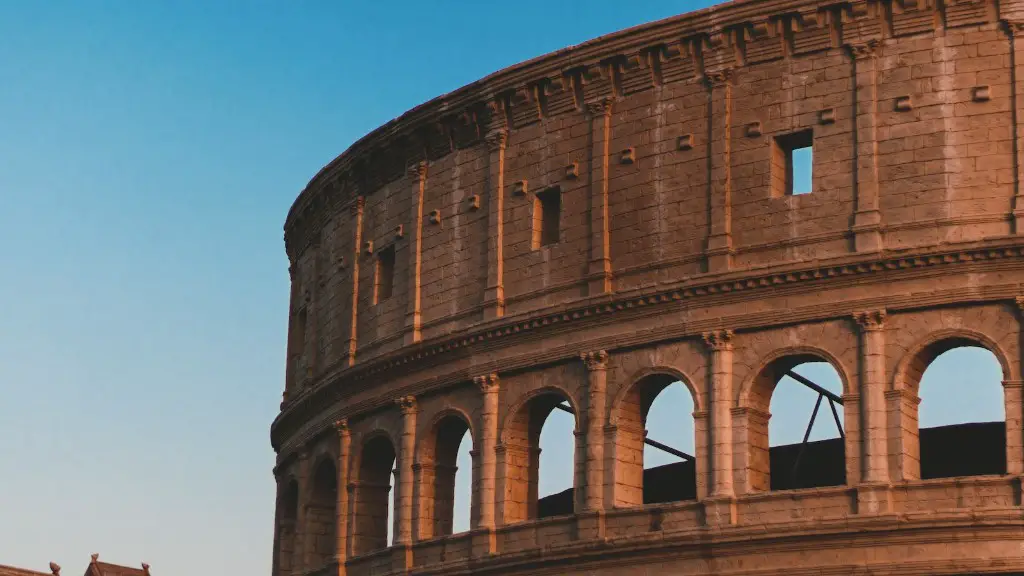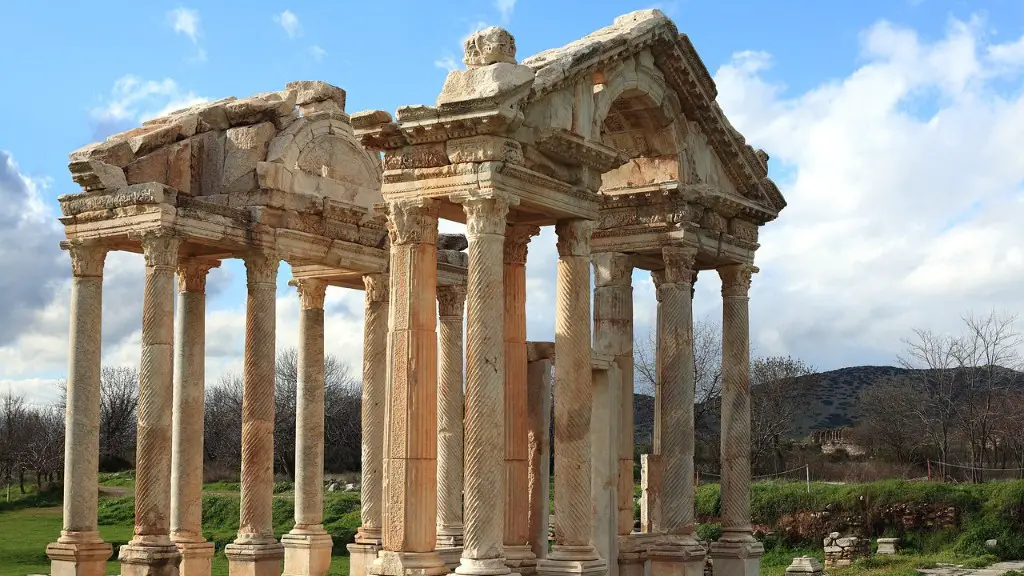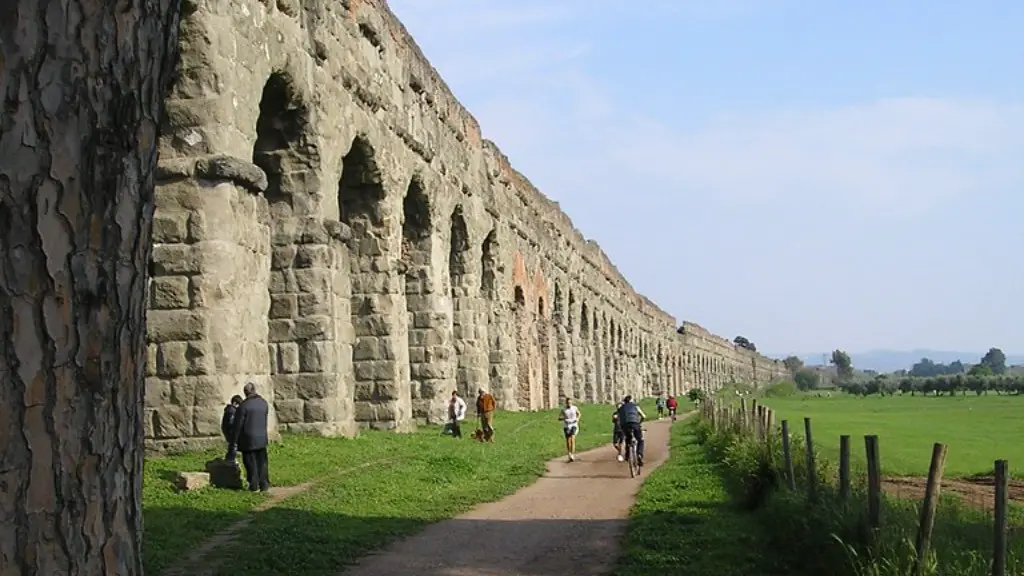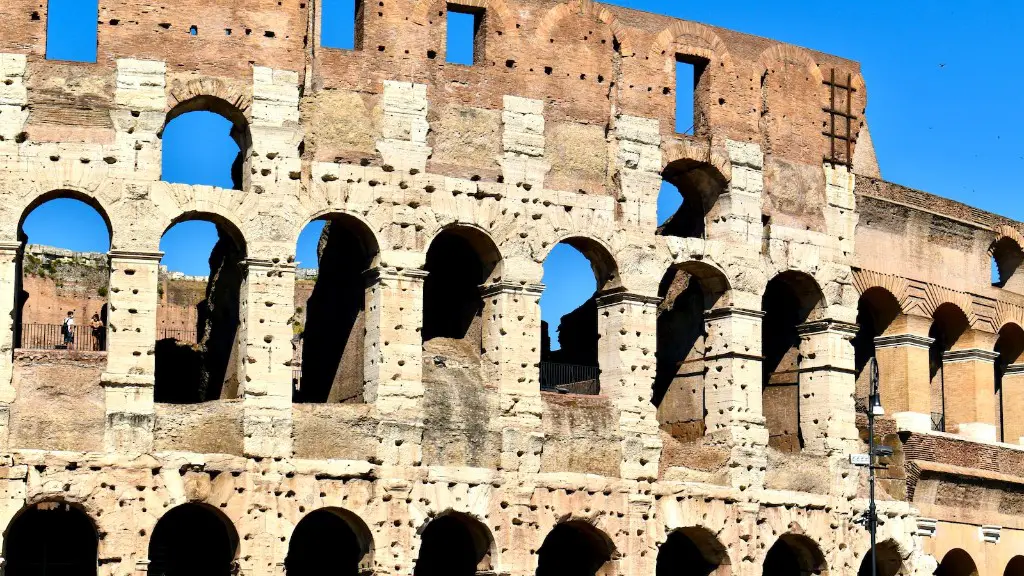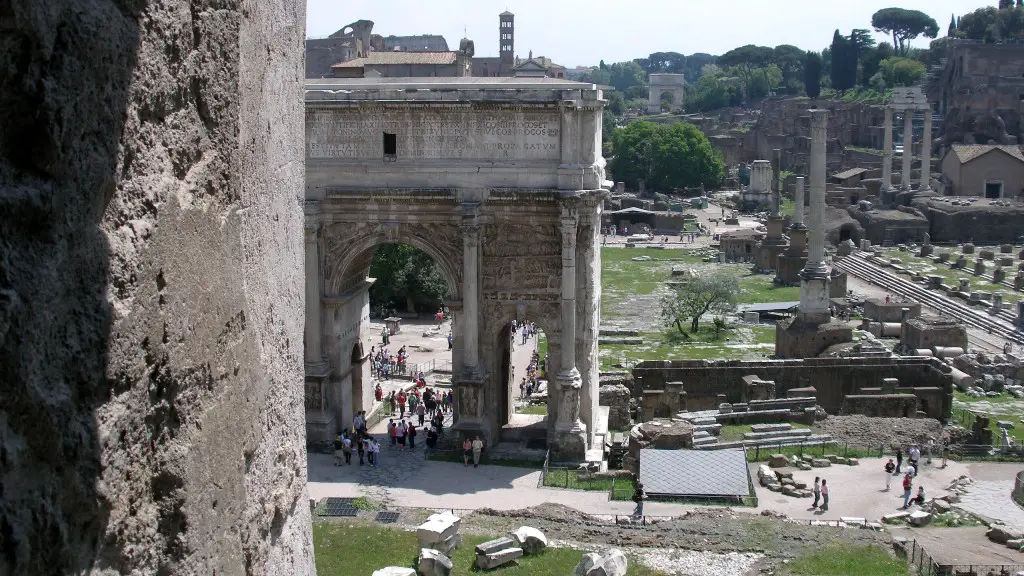The senators of Ancient Rome were a select group of high-ranking individuals who were hand-picked by the kings and later, the consuls of the Roman Republic. In their role as senators, these men were responsible for making laws, trying all important cases and managing public affairs. Senators held a great deal of political power, but were allowed no official titles.
The Roman Senate played an important part in the evolution of the Roman Republic and Roman Empire. The Senate was founded in about 500 BC and soon afterwards, the senators began to play a pivotal role in the state. From the reign of the kings of Rome until the establishment of the Republic in 510 BC, the senate was always a forum for the building and refinement of politics and law.
The Senate was composed of aristocrats, members of the wealthy and privileged classes of Roman society. In modern terms, we might describe them as being akin to “millionaires”, as these were the families who were able to afford the very best education – and this was a requirement for a seat in the Senate. It is believed that the Senate included anywhere from 300 to 600 members during its existence.
The function of senators in Ancient Rome was mainly to exercise their power of judgement in matters of politics, law, and foreign policy. They served as the primary legislative body of the Republic and were responsible for deciding important matters regarding the future of the state. The senators held a great deal of influence over Roman politics and could often be found towards the head of the government, either as part of the consular class or ruling in some capacity.
The Senate met in the Forum Romanum, a large open-air square in the city center. Here, senators gathered to debate and vote on legislation, any of which could become law if it garnered majority approval. It was uncommon for laws to be passed without at least a majority in the Senate, though there were exceptions to this rule.
The Senate also held the power of “imperium.” This meant that senators were entitled to vote on matters pertaining to war, foreign policy, and public faith, such as treaties and alliances. In addition, senators had the power to elect consuls, organize legions, and set taxes.
This power was not absolute, however. The reformed government established by Julius Caesar instituted changes that significantly limited the power of the Senate. Under Augustus, the Senate was renamed the Senate and People of Rome, which meant that the people of Rome became a sort of “check” on the power of the Senate.
Capabilities of Senators
Senators in Ancient Rome had considerable powers that extended beyond the political arena. As members of the wealthiest households, Senators had direct access to the greatest sources of wealth, which gave them power over investment, industry, and trade. They also had the ability to interject their opinion in any judicial or legislative matter, as well as the power to appoint magistrates and other officials.
Due to the great power that Senators held, they were subject to a very rigorous selection process. Before any man could join the Senate, he had to show that he was from a respectable family and met some basic physical and mental requirements. In addition, he had to prove that he was capable of leading, through a variety of tests and demonstrations.
Once admitted, senators had to abide by a strict code of conduct. They were expected to dress in a certain manner, behave as gentlemen at all times, and follow a set of socially and politically accepted principles. Failure to do so could subject a senator to severe punishment, even being ejected from the Senate.
It was a tough process to become a senator in Ancient Rome, but those who made it through played a pivotal role in the history of Rome. Their mandate was to represent their people and maintain the stability of the Republic through judicious decision-making and impartial execution of their duties.
Political Impact of Senators
The role of senator in Ancient Rome was of extreme significance and their decisions had, and still have, immense consequences. Over time, senators have been known as the greatest minds of the Republic and the most powerful decision-makers in the state. Through their political power, senators were responsible for the passing of laws, the creation of regulations, and, in some cases, the forging of alliances between tribes and nations.
One of the accomplishments of the senators was to introduce a legal system where the decisions of the Senate were binding upon all the citizens of Rome. This system of justice is still in effect in many areas of the world today. In some cases, it can even be seen as the most important element of the Roman Republic.
The political influence of senators was further strengthened by the system of patronage that was established by the Roman Republic. This allowed senators to reward their allies for their loyalty. In some cases, these rewards were nothing more than a few coins, but in other cases, they could be as grand as land or political positions. This patronage system was a powerful way for senators to ensure their allies remained loyal and in turn, guarantee their loyalty to the Republic.
Thus, the senators of Ancient Rome played a crucial role in maintaining stability, creating laws, and ensuring the continuity and success of the Roman Republic. They held a great deal of power and exercised it judiciously, using their political clout to further their own strategies as well as the Republic’s.
Daily Responsibilities of Senators
The senators in Ancient Rome had a variety of daily responsibilities. In their positions as legislators, they were responsible for managing the affairs of the state, including the passing of laws, trying important cases, and debating important matters in the Senate. As members of the elite class, they were expected to maintain a level of dignity and a high social standing.
In addition to their political responsibilities, senators were also charged with the task of fulfilling certain social obligations. They were expected to attend public ceremonies and festivals, as well as manage their own households. This included managing their vast estates, hiring house staff, and maintaining a large entourage. Senators also held important religious roles, as they were expected to make sacrifices to the gods on behalf of the people.
Finally, senators were also required to serve in the military. As the Roman Republic was constantly under threat from various external enemies, they called upon the wealth and power of the senators to organize legions to defend the Republic. As such, it was not uncommon for a senator to hold a high rank in the Roman army.
In summary, the senators of Ancient Rome were an influential and powerful class of citizens. They held a great amount of political power and privilege, and their decisions and actions had a lasting impact on the Roman Republic and Roman Empire. They were responsible for the success of the Republic, as well as its failure, and their legacy is still felt to this day.
Positioning of Senators within Roman Society
Senators in Ancient Rome were not just political figures, but also a part of the extended social fabric of Ancient Rome. This is evidenced by their prominent roles within a variety of aspects of Roman society. They held important and respected roles in the public and religious spheres, as well as the family and social spheres.
One of the most important functions of senators was to act as an intermediary between the people and their deities. This was achieved through their role as priests, whereby senators were able to offer sacrifices to the gods and make offerings on behalf of their constituents. They also acted as “judges” in religious disputes between families, ensuring that disputes were resolved fairly.
In the social sphere, senators played a crucial role in the stability of the Roman Republic. As members of the elite class, senators were expected to abide by a strict code of conduct, as well as take a leading role in ensuring that justice was done in all matters. As political figures, they were charged with providing advice and assistance to both the populace and the other members of the government.
At the same time, senators still had the traditional role of a “father” in a family. They were expected to maintain discipline among their children, provide important advice and guidance, and ensure that their family was respected within the social order.
The senators of Ancient Rome, though they held immense political power, were still embedded within the social, religious, and family fabric of Roman society. Their position as elites was respected and their behavior, attitudes, and beliefs had a lasting impact on the culture and history of the Roman Republic and Roman Empire.
Decline of Senators
Despite the significant role that senators played in the Roman Republic, the position of the senators began to dwindle and eventually disappear. This began with the reforms of Julius Caesar and culminated with the establishment of the Roman Empire in 210 AD. After Augustus took control of the state, he and his successors began to slowly diminish the power of the Senate.
The reform of Julius Caesar is often cited as a major factor in the death of the Senate. Caesar attempted to alter the system of patronage that was so integral to the powers of the Senators and attempted to make the Senate a “symbolic” body, rather than a functional one. This caused a great deal of unrest within the Senate, as they felt their power and influence were being slowly drained away.
In addition, the rise of the Roman Empire saw the growth of an alternative form of government, known as the principate. This form of government enabled the Emperor to bypass the Senate and create new laws and regulations without consulting the members. Thus, the Senate was slowly being eclipsed by the new form of government.
Finally, there were also political, social, and economic changes that led to the decline of the Senate. For example, the Senate was becoming increasingly less relevant to the running of the state due to the rise of “professional” politicians and the growth of private industry. Thus, the Senate was slowly pushed to the sidelines, relegated to a role in the shadows of the Roman government.
These factors all contributed to the death of the Senate in Ancient Rome. Although the far-reaching influence of the senators can still be felt throughout the world, their direct role within the government of the Netherlands is now mere history.
